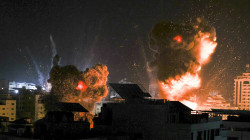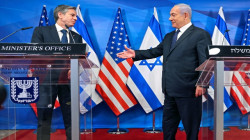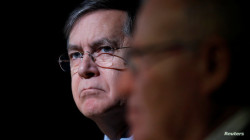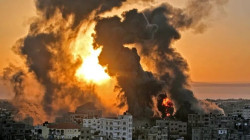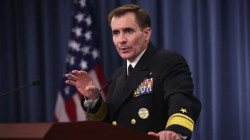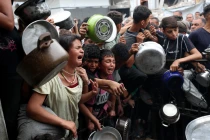UN warns Iraq at risk of being drawn into Gaza conflict despite government's efforts
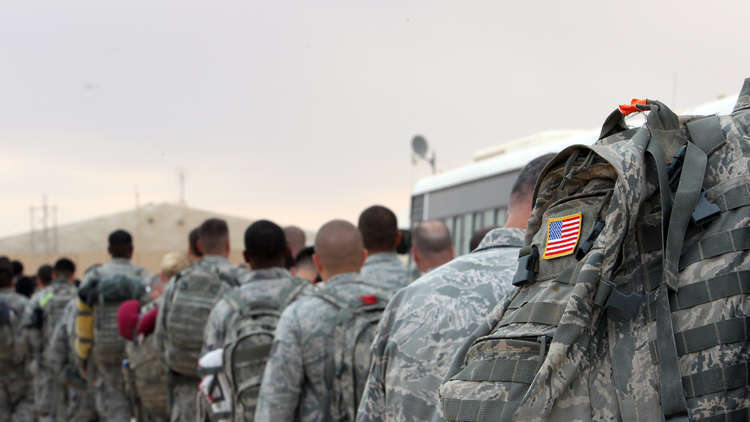
Shafaq News/ The ongoing war in Gaza is pressuring Iraq to become entangled in a broader regional conflict, despite the Iraqi government's efforts to maintain neutrality, a senior United Nations official warned on Monday.
Claudio Cordone, the UN Deputy Special Representative for Iraq, expressed concern over Iraq’s precarious position in light of escalating regional tensions. Speaking to The National ahead of the anniversary of the 2003 attack on the UN's Baghdad headquarters, Cordone emphasized Prime Minister Mohammed Shia al-Sudani's determination to avoid involvement in the conflict, despite the government's diplomatic support for the Palestinian cause.
“The Iraqi Prime Minister, in particular, is keen not to get dragged into this war while diplomatically and politically supporting the rights of the Palestinians,” Cordone said from the UN mission’s headquarters in Baghdad's Green Zone. “War is not a means to solve things, and there is a risk that things are only going to get worse.”
The conflict between Israel and Hamas, which began in October last year, shows no signs of resolution. Local health authorities report that the human toll in Gaza has exceeded 40,000 Palestinians, while the October 7 attack by Hamas resulted in 1,200 deaths in southern settlements near Gaza.
The violence has led to increased attacks on Israeli and U.S. targets across the region, carried out by Iran-aligned groups, known as the Axis of Resistance. In Iraq, the Ain al-Asad airbase, which houses American and coalition forces, has been the target of dozens of attacks since the conflict began, with Iran-backed paramilitary groups claiming responsibility for most of them.
“We call on everybody to de-escalate and, equally importantly, to stop this war and work towards a political solution,” he said.
Baghdad has been engaged in talks with Washington about the potential withdrawal of U.S. troops, but progress has been slower than desired by the Iran-backed militias, who have threatened to escalate attacks if an agreement is not reached.
Cordone also echoed UN Secretary-General Antonio Guterres's call for an immediate ceasefire in Gaza, emphasizing the need for a political solution that ensures Palestinians can live in peace alongside Israel.
The situation remains volatile, with the recent assassination of Hezbollah commander Fouad Shukr in Beirut and Hamas leader Ismail Haniyeh in Tehran, both attributed to Israeli forces, further raising fears of a wider war.
“We sincerely hope that this escalation will not happen,” Cordone said.
The UN Assistance Mission for Iraq (UNAMI), established in 2003 following the U.S. invasion, has played a key role in promoting political dialogue and coordinating humanitarian aid. However, the mission's mandate has been scaled back at the request of the Iraqi government, which believes the country has made significant progress toward stability.
Cordone, currently serving as the mission’s officer-in-charge, is awaiting the arrival of the new UN representative, Mohammad Al Hassan of Oman, who will lead the mission until its conclusion in December 2025.
Reflecting on Iraq's political landscape, Cordone described it as a “democracy at play,” noting that the UN considered the last elections in 2021 credible and expressed confidence in the upcoming 2025 elections. He also highlighted the importance of the Kurdistan Region's elections, scheduled for October 20, which had been delayed due to political disagreements.
“There is no reason to believe that Iraq is not able to hold those elections,” Cordone said, emphasizing the UN's role in providing technical assistance to ensure their success.
